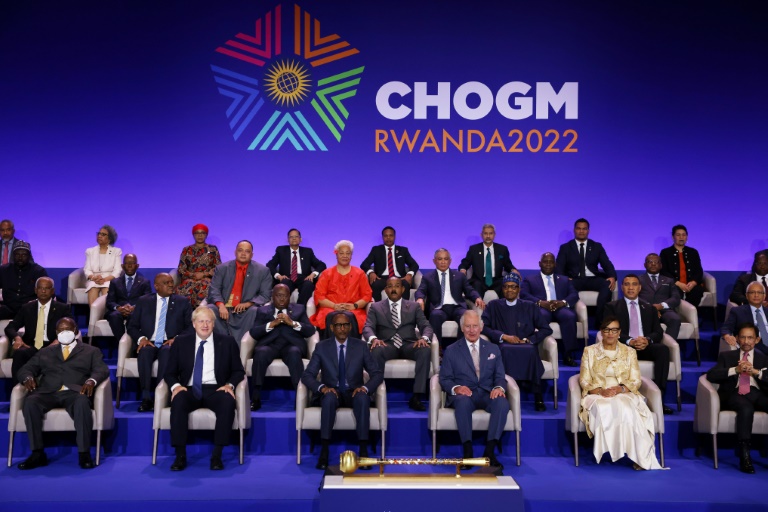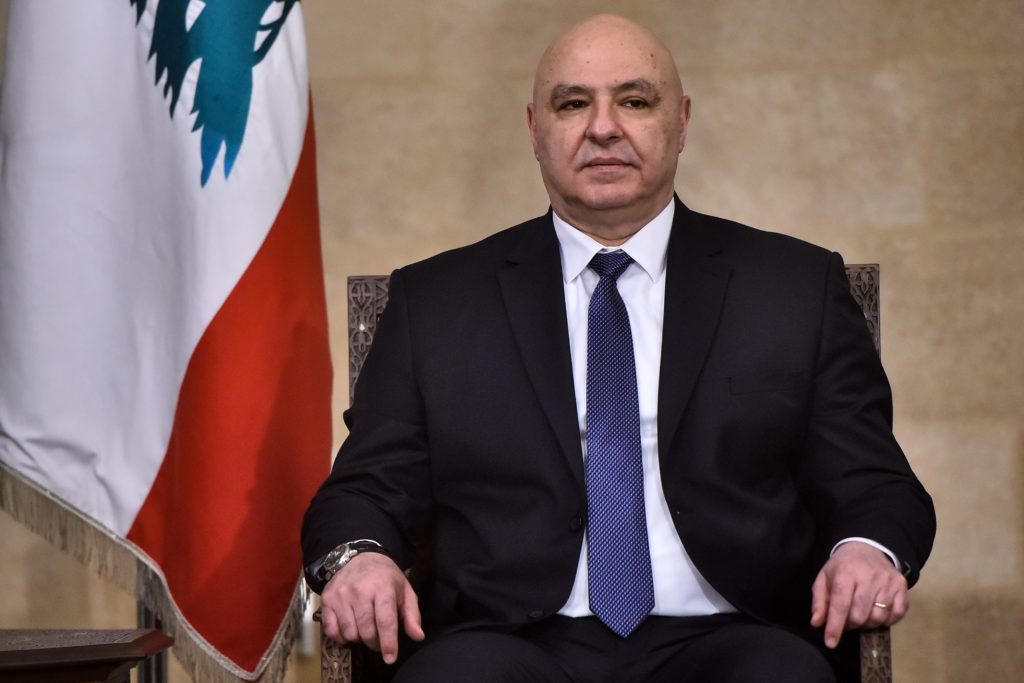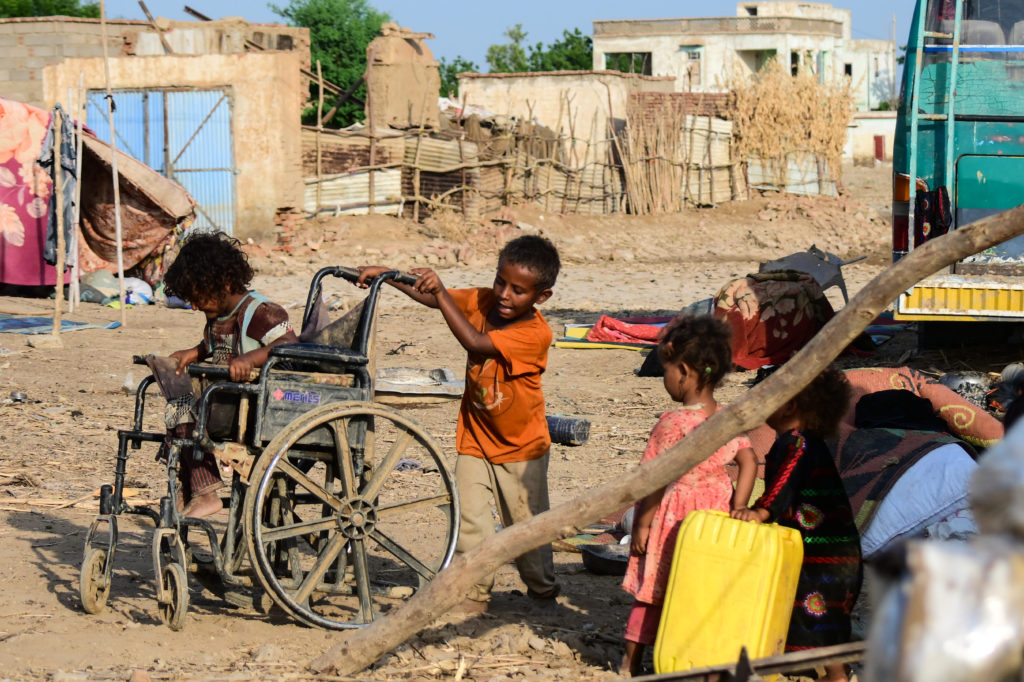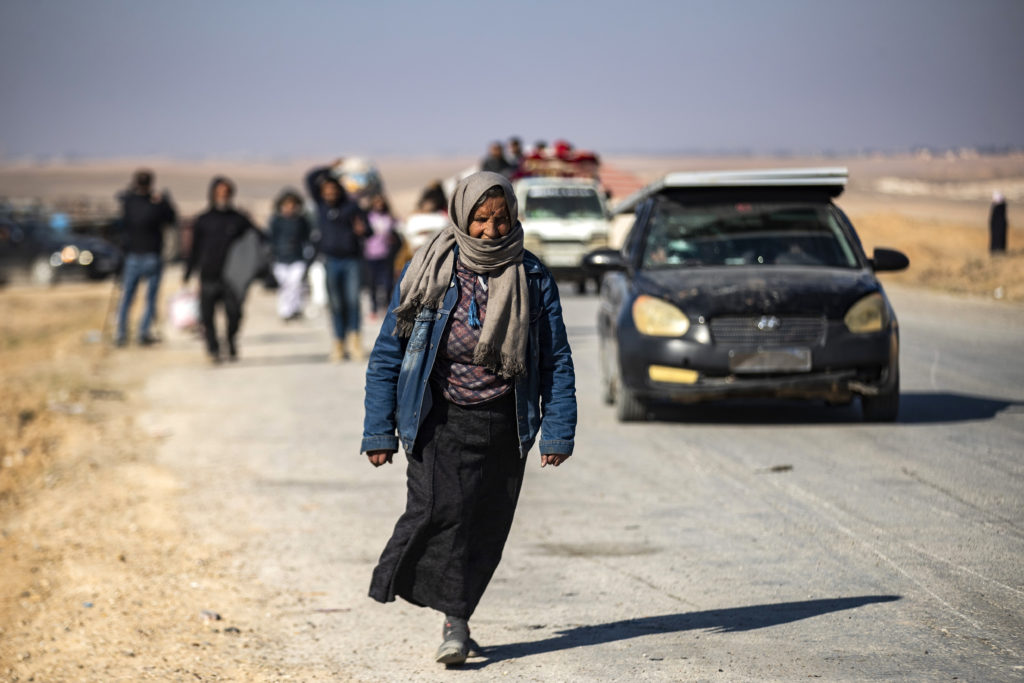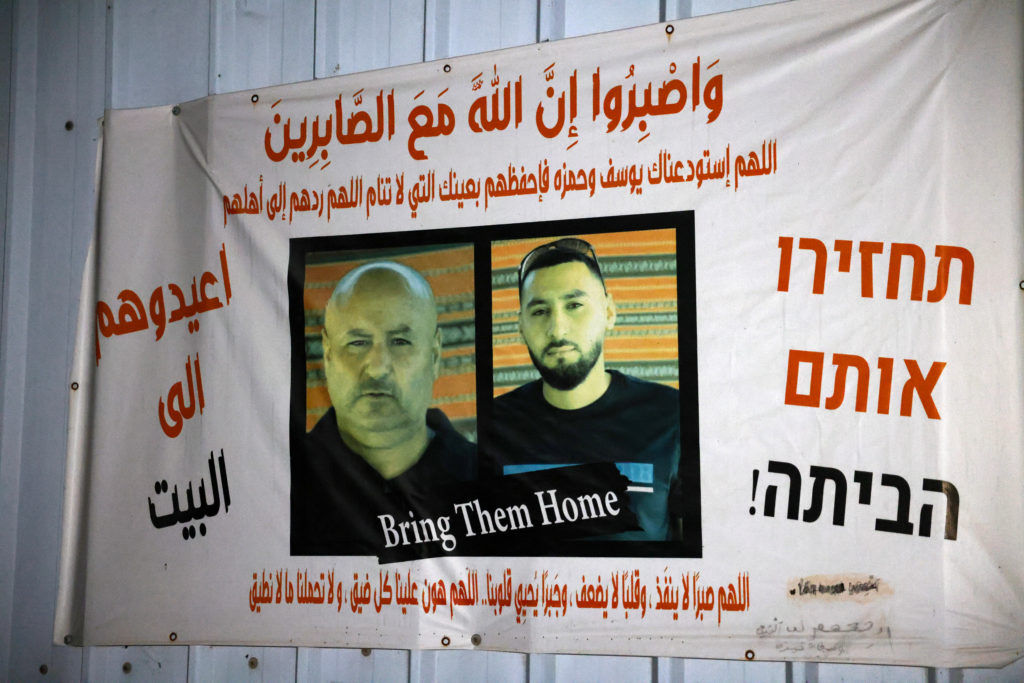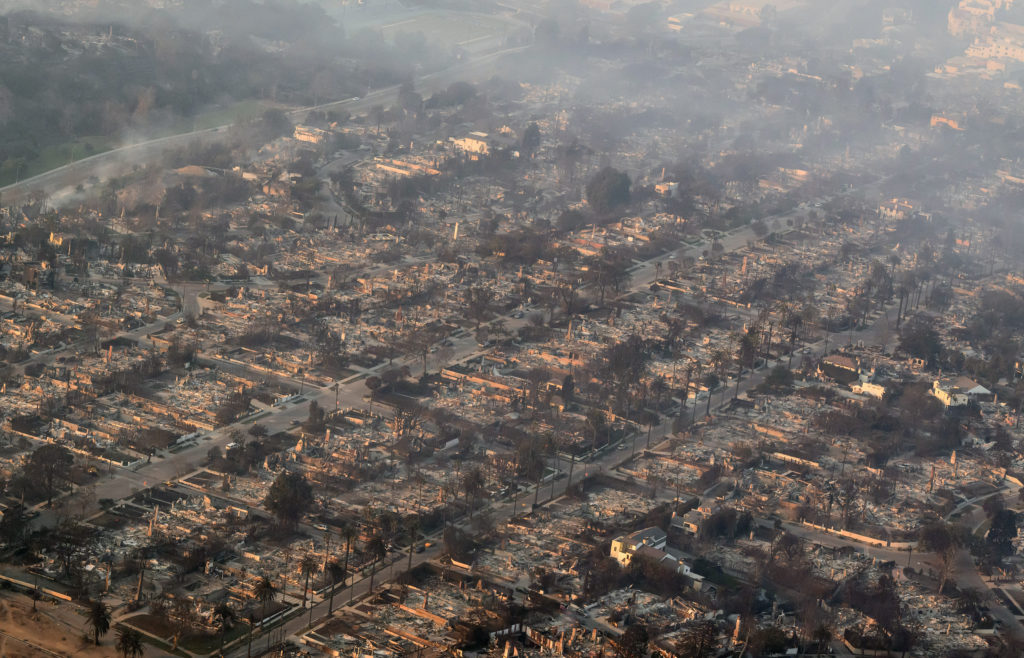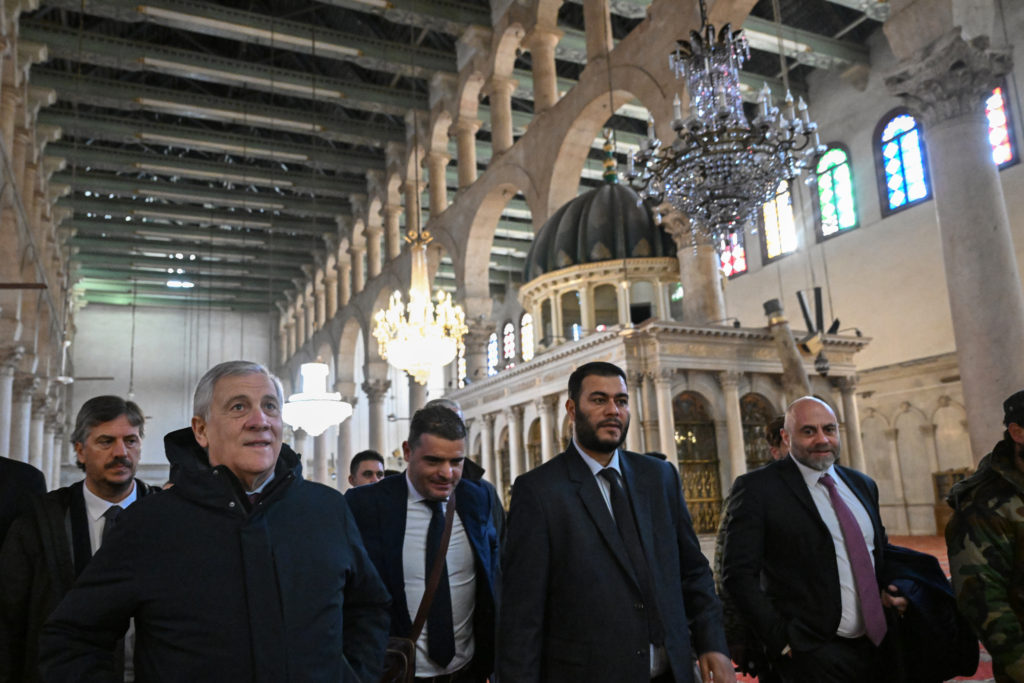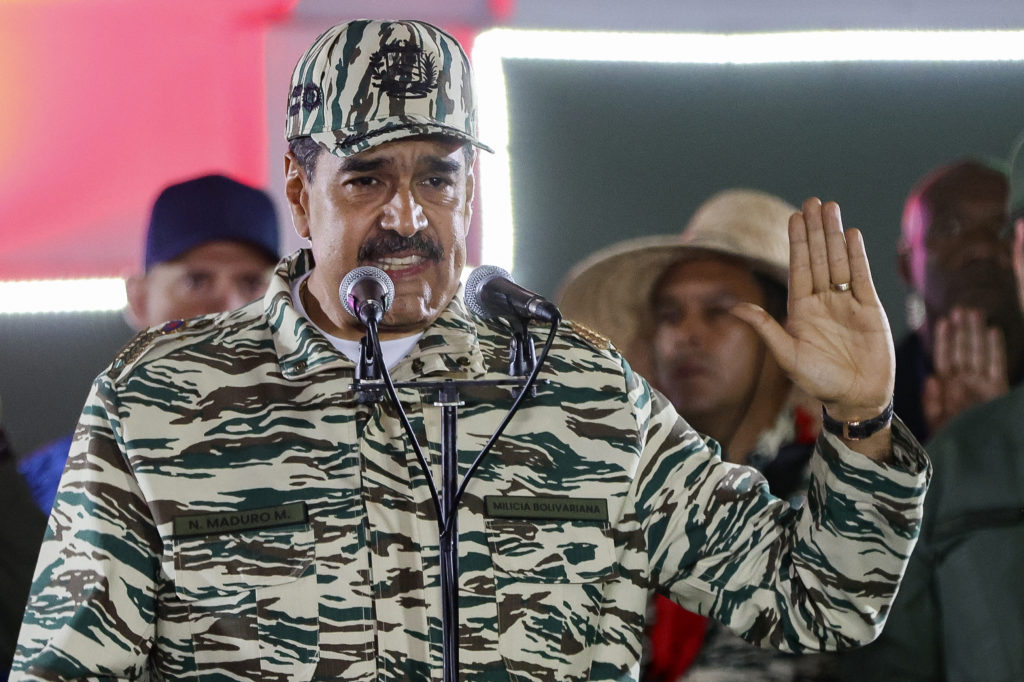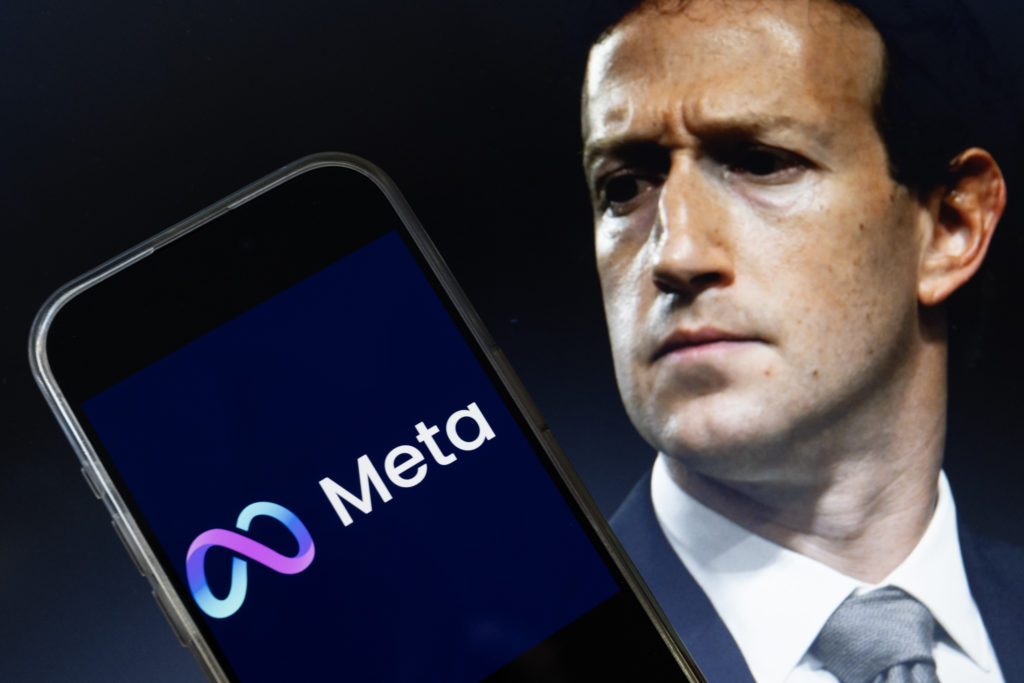Prince Charles told Commonwealth leaders Friday that the choice to become a republic or abandon the queen as head of state was theirs alone, and expressed “personal sorrow” at Britain’s legacy of slavery.
The British heir to the throne addressed the opening of a Commonwealth Heads of Government Meeting (CHOGM) in Rwanda as the host nation faced scrutiny over its rights record and a much-criticised migrant deal with the UK.
Charles is representing Queen Elizabeth II as the 54-nation grouping of mostly former British colonies grapples with questions over its future relevance and modern profile.
Republican movements are taking root in a number of Commonwealth nations and some are seeking reparations for colonial-era injustices like slavery.
Charles acknowledged the change underfoot and said the Commonwealth — which represents one-third of humanity — would always be “a free association of independent, self-governing nations”.
“The Commonwealth contains within it countries that have had constitutional relationships with my family, some that continue to do so, and increasingly those that have had none,” he told an audience of presidents and prime ministers.
“I want to say clearly, as I have said before, that each member’s constitutional arrangement, as republic or monarchy, is purely a matter for each member country to decide.”
He also acknowledged that the roots of the Commonwealth — which includes as members nations from Europe to Africa, Asia and the Americas — “run deep into the most painful period of our history”.
“I cannot describe the depths of my personal sorrow at the suffering of so many, as I continue to deepen my own understanding of slavery’s enduring impact,” he said.
– Migrant row –
Charles earlier Friday met British Prime Minister Boris Johnson, who has been defending his controversial deal to expel migrants from the UK thousands of miles away to Rwanda.
The scheme, which has stalled in the face of legal challenges, has been fiercely opposed by the UN, church leaders, rights groups and — reportedly — Charles himself.
“What I will say is as people come to Rwanda, like you have today, there are a lot of prejudices about Rwanda need to be blown away,” Johnson told British media in Kigali.
He has also heaped praise on President Paul Kagame for the “leaps and bounds” achieved in Rwanda, despite widespread concerns over a lack of political freedom and civil liberties in the tiny African nation.
Rights groups have openly questioned the suitability of Rwanda hosting the Commonwealth, which has a charter that enshrines respect for democracy and human rights as core shared values.
More than 20 rights groups and civil society organisations issued an open letter before the summit saying a “climate of fear” exists under Kagame, whose party came to power after the horrors of the 1994 genocide.
The Democratic Republic of Congo has also called on Britain to condemn Rwanda over its alleged “aggression” in the mineral-rich eastern Congo, where Kigali has been accused of stoking a rebellion.
Johnson himself is facing a political crisis back home after his Conservatives suffered a crushing defeat in parliamentary by-elections.
– Direction and purpose –
The Commonwealth’s closed-door summit meetings are missing some heavyweights, including Narendra Modi of India, South Africa’s Cyril Ramaphosa and Australia’s Anthony Albanese who sent envoys in their place.
The body has come under scrutiny over its relevance but supporters say the expansion of membership to nations with no historic ties to Britain underscores its value and prestige.
The two newest members are Mozambique and host Rwanda. West African states Togo and Gabon are expected to join the club at this summit.
“More nations are seeking to join, which shows you everything you need to know about the health and vitality of our Commonwealth,” said Johnson.
Friday will also bring to a head a tussle for the leadership of the Commonwealth that has turned ugly at times.
Jamaica’s Foreign Minister Kamina Johnson Smith is challenging Patricia Scotland for the post as secretary-general, despite Commonwealth convention dictating the incumbent should stand unopposed for a second term.
Johnson Smith has the backing of the UK, which has publicly expressed dissatisfaction with Scotland’s stewardship of the organisation.

